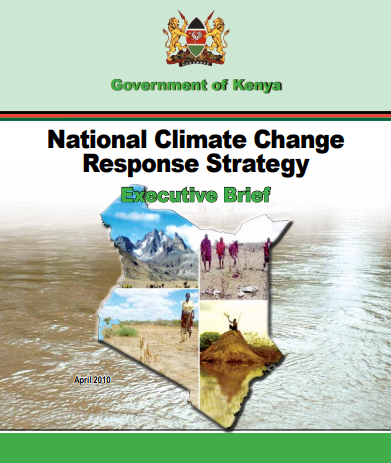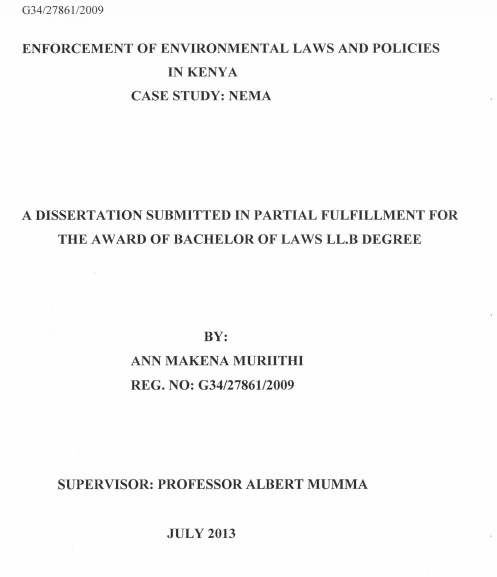National Climate Change Response Strategy
The National Climate Change Response Strategy (NCCRS), also referred to as the ‘Strategy’, is the culmination of a year-long process to develop a comprehensive and concerted suite of strategies to respond to the challenges climate change is posing to Kenya’s socioeconomic development. The NCCRS is a significant step in the recognition that climate change is a threat to national development. It has presented evidence on climate change and associated impacts.





